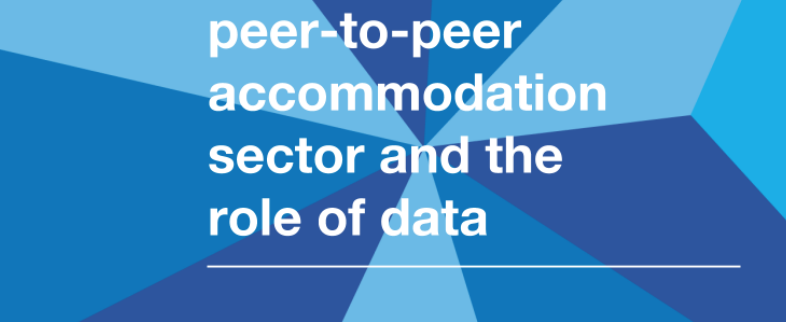
Exploring interventions to support the peer-to-peer accommodation sector and the role of data (report)
Many people use peer-to-peer accommodation services to decide where to stay, whether to let a room or how to build abusiness. To make those decisions, people need data.
Peer-to-peer accommodation services and marketplaces are emerging across a wide range of sectors and geographical areas. Each day, many consumers, businesses and communities use them to make decisions such as where to stay when on holiday, whether to use a service to let a spare room or how to build a business in popular areas. To make those decisions, people need data.
The Open Data Institute is investigating how data can improve the peer-to-peer accommodation market to support businesses and communities, and improve the experience of consumers and users.
The starting point was to research and understand how national and local governments have sought to manage the impact of peer-to-peer letting; the issues they have sought to address; and the tools they have chosen to use. This report summarises the outputs and conclusions from that preparatory research.
Data can enable businesses, startups, governments, individuals and communities to create more efficient and effective services and products, fuelling economic growth and productivity. Interventions by local and national governments can help make this happen.
The ODI assessed 35 different approaches to intervention in the peer-to-peer accommodation sector from around the world and considered the following questions:
- Which approaches are implemented or discussed?
- What aspects of peer-to-peer accommodation are addressed and how?
- What role does data play in supporting the different approaches?
We learnt that most interventions by local or national governments used traditional top-down models.
|
The interventions had four main goals: Prioritising long-term housing (23 cases) Tax collection (14 cases, mostly concerned with tourist/city taxes) Improving service quality (seven cases) Improving health and safety (five cases) We identified three key areas of regulation: host behaviour asset/property peer-to-peer accommodation platform operators |
We found that platform operators, hosts and public authorities were carrying out data collection. We found that data was being passed from hosts to platform operators and then shared with public authorities; this occurred for both personal and non-personal data. We also found that data was being passed directly from hosts to public authorities as a result of the interventions.
We also explored a number of ways in which city authorities sought to manage the impacts of the peer-to-peer accommodation sector in new ways, separate from these traditional models.
While some organisations published data we found no data matching the open definition. Some of the data was non-personal and could have been made open. We found that public authorities did not pass data to platform operators and data was not shared between platform operators.
There are various parts of the broader data policy debate that were not considered in the local debates and interventions. For example:
- open-by-default data policies
- measures to improve free flow of data to increase competition and innovation
- individual control over personal data
- registers of authoritative data, such as contact information for public authorities responsible for particular services or lists of peer-to-peer accommodation operators
- common policy patterns, such as crowdsourcing data
- policy trials to test assumptions and demonstrate value before full implementation
On top of supporting immediate needs, these areas should also be considered part of the prototype development. They may help meet other needs or improve the effectiveness of current interventions.
The preparatory research summarised in this report sits alongside a broader set of activities, including: interviews from across the sector – with consumers, local communities, platform operators, local authorities and central government; three stakeholder workshops; and prototype development to test if some of the challenges we uncover can be improved by better data use.